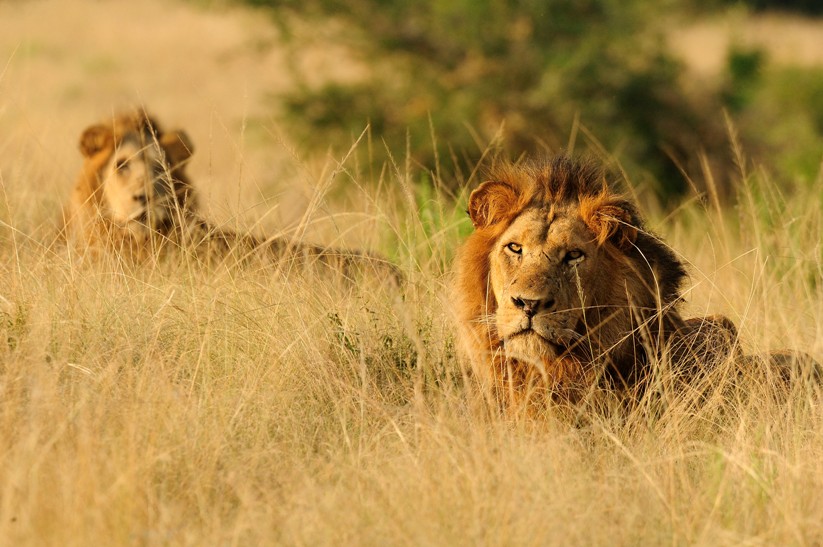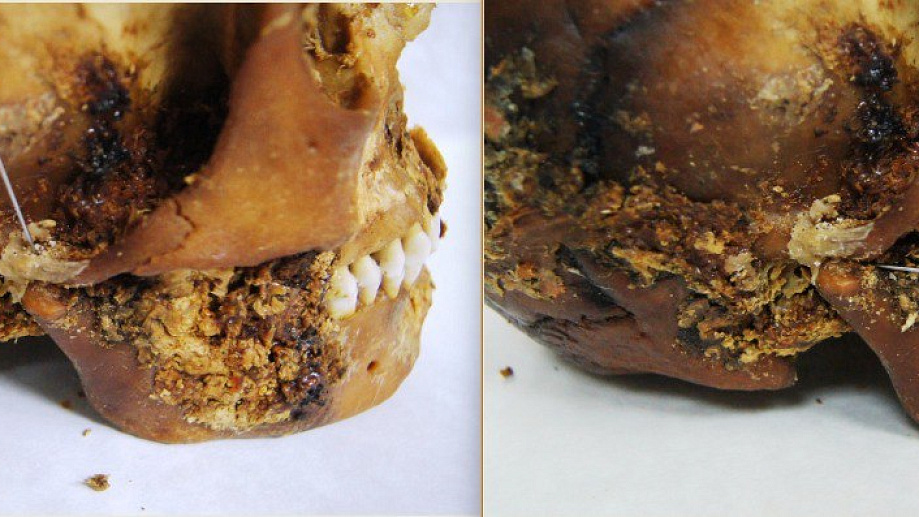
Two Healthy Lions, and Their Cubs, "Zoothanized" … Why? (Op-Ed)

Get the world’s most fascinating discoveries delivered straight to your inbox.
You are now subscribed
Your newsletter sign-up was successful
Want to add more newsletters?

Delivered Daily
Daily Newsletter
Sign up for the latest discoveries, groundbreaking research and fascinating breakthroughs that impact you and the wider world direct to your inbox.

Once a week
Life's Little Mysteries
Feed your curiosity with an exclusive mystery every week, solved with science and delivered direct to your inbox before it's seen anywhere else.

Once a week
How It Works
Sign up to our free science & technology newsletter for your weekly fix of fascinating articles, quick quizzes, amazing images, and more

Delivered daily
Space.com Newsletter
Breaking space news, the latest updates on rocket launches, skywatching events and more!

Once a month
Watch This Space
Sign up to our monthly entertainment newsletter to keep up with all our coverage of the latest sci-fi and space movies, tv shows, games and books.

Once a week
Night Sky This Week
Discover this week's must-see night sky events, moon phases, and stunning astrophotos. Sign up for our skywatching newsletter and explore the universe with us!
Join the club
Get full access to premium articles, exclusive features and a growing list of member rewards.
Marc Bekoff, emeritus professor at the University of Colorado, Boulder, is one of the world's pioneering cognitive ethologists, a Guggenheim Fellow, and co-founder with Jane Goodall of Ethologists for the Ethical Treatment of Animals. Bekoff's latest book is Why Dogs Hump and Bees Get Depressed(New World Library, 2013). This Op-Ed is adapted from one that appeared in Bekoff's column Animal Emotions in Psychology Today. He contributed this article to Live Science's Expert Voices: Op-Ed & Insights.
Last month, administrators at the Copenhagen zoo decided it was perfectly okay to kill a healthy young male giraffe named Marius. Killing Marius was not euthanasia, mercy killing, but rather "zoothanasia," killing done in a zoo because an animal is deemed to be a disposable object. Many people around the world were outraged by Marius's death — I call this the "Marius Effect" — while some workers at the zoo and elsewhere said he had to be killed because he didn't fit into the zoo's breeding program. Marius was killed despite the fact that another facility had offered him a home in which he could live out his life in peace and safety.
I figured that the negative attention that the late Marius brought to the Copenhagen zoo would at least have some impact, and those responsible for killing Marius would reassess their reprehensible behavior and question their killing ways. Numerous people shared the same sentiment with me, many of whom had never previously voiced their opinion about the common killing of "surplus animals" conducted in zoos, or other animal issues. This was a paradigm shift for many people who were both surprised and outraged by that cold-hearted slaughter.
A lion mill?
We couldn't have been more wrong. Now, the Copenhagen zoo wants to become a "lion mill," so killing healthy animals is still perfectly okay. This week, the Copenhagen zoo killed four lions — two old adults their two ten month-old cubs —because the zoo wants to introduce a new male to the remaining females to make more lions. All of those lions will spend their lives in captivity, and some will undoubtedly be killed in the future because they, too, will be classified as disposable "surplus" animals.
These four sentient beings were, as was Marius, considered expendable because they couldn't be used to make more lions. Zoo workers were also concerned that the new male would kill the youngsters and the captive group wouldn't resemble that of wild prides of lions, as if it previously had. Of course, there is nothing natural about the cage — some might call it an enclosure or pretty it up by calling it "lion habitat," but it is still a cage in which future lions will be mercilessly crammed.
I see coming to a deeper understanding of heinous acts like this as a perfect subject for study for researchers in the field of anthrozoology, the study of human-animal relationships. The cold justification for these killings offered by zoo workers chilled and scared me. Furthermore, these easily avoidable deaths, perversely justified "in the name of conservation," are horrible lessons for youngsters and run counter to global programs in humane educationand compassionate conservation.
Get the world’s most fascinating discoveries delivered straight to your inbox.
I could go on and on, and repeat reasons why zoos need to change their ways and respect the caged animals for whom they are responsible — and that zoos do not teach much, at all, about biodiversity and conservation —but these sorts of argument clearly fall on deaf ears. Surely, people who choose to go to the Copenhagen zoo can find other ways to spend their time and money.
Bekoff's most recent Op-Ed was "Can Animals Be Too Happy, or Have Too Much Fun?" This article was primarily adapted from the post "Four Lions Including Two Cubs Killed at the Copenhagen Zoo" in Psychology Today. The views expressed are those of the author and do not necessarily reflect the views of the publisher. This version of the article was originally published on Live Science.
 Live Science Plus
Live Science Plus











